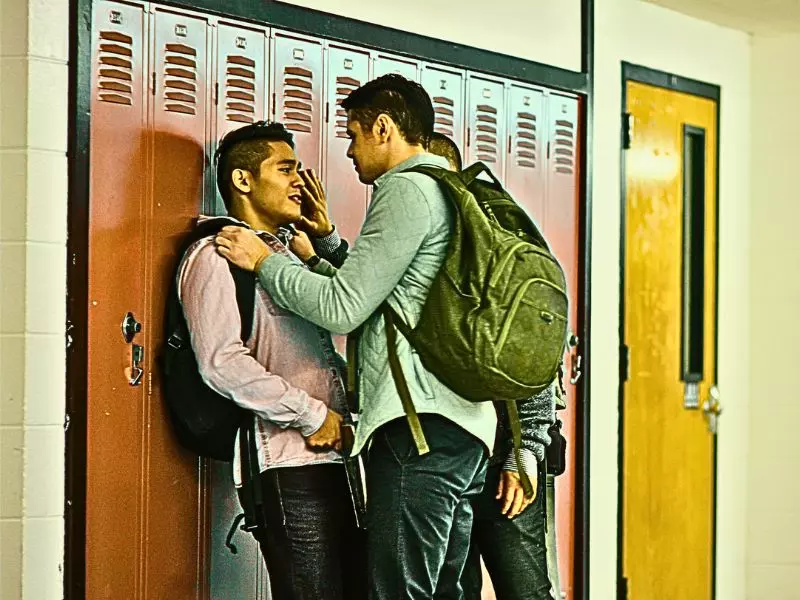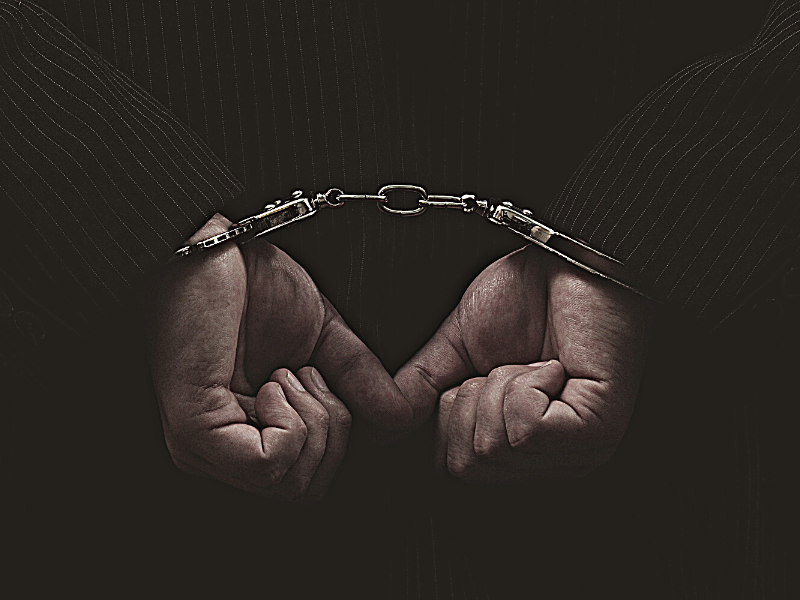Students with juvenile convictions in their records and intending to apply for college may wonder, “Do juvenile crimes impact college admissions?” A juvenile crime in Minnesota can lower the odds of your child’s college application getting approved. A conviction of a serious juvenile crime may result in an automatic rejection of college applications. A minor with a criminal record may be disqualified from accessing student loans or grants.






